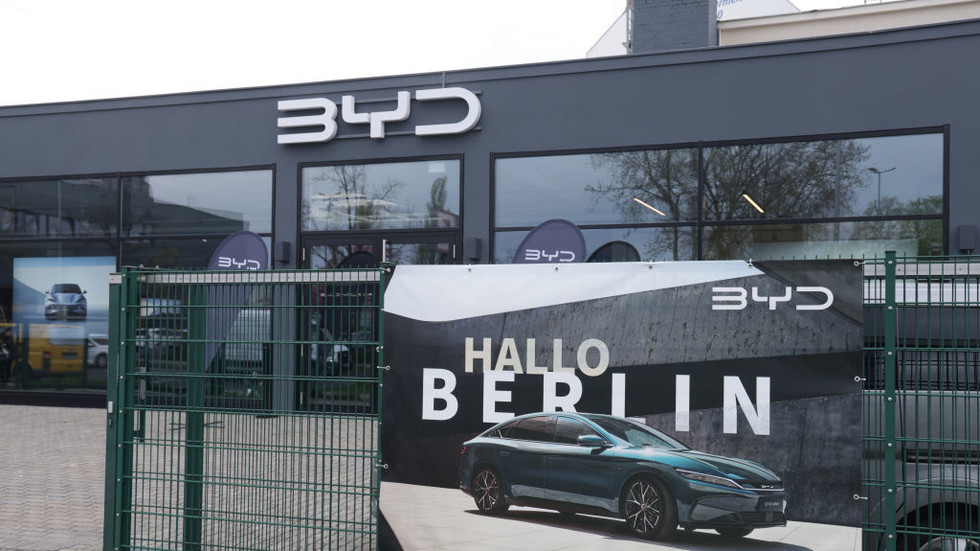The EU market for new cars saw its biggest drop in over two years in August, according to data from the European Automobile Manufacturers’ Association (ACEA).
Registrations of new automobiles fell 18.3% year-on-year across the bloc, with double-digit losses in the region’s three major markets: 27.8% in Germany, 24.3% in France, and 13.4% in Italy, according to the ACEA’s latest data. Spain, the fourth largest car market in the EU, saw a 6.5% decline.
Only four EU member states posted slight growth in new car registrations last month, namely Poland, Slovenia, Cyprus, and Malta, according to ACEA data.

Most of the new cars delivered across the bloc were petrol-fueled (33.1%), with hybrid-electric vehicles (HEV) close behind at 31.3%.
The share of new battery-electric cars (BEV) in the EU car market fell to 14.4% from 21% recorded in August 2023. Deliveries of BEVs have been declining for four consecutive months this year, contrasting sharply with steady growth throughout 2023, notes ACEA.
The association unites Europe’s 15 major car, truck, van and bus makers.
The bloc-wide decline followed Brussels’ introduction in July of provisional tariffs on BEVs made in China and imported into the EU.
Following an anti-subsidy probe, the European Commission concluded that the BEV value chain in China benefits from “unfair subsidisation,” which is causing “a threat of economic injury” to EU BEV makers.
READ MORE:
Chechen leader claims Musk deactivated his Cybertruck
Carmakers were subjected to levies ranging from 17.4% to 37.6%, based on subsidies and cooperation with the investigation.
You can share this story on social media:
Read the full article here


